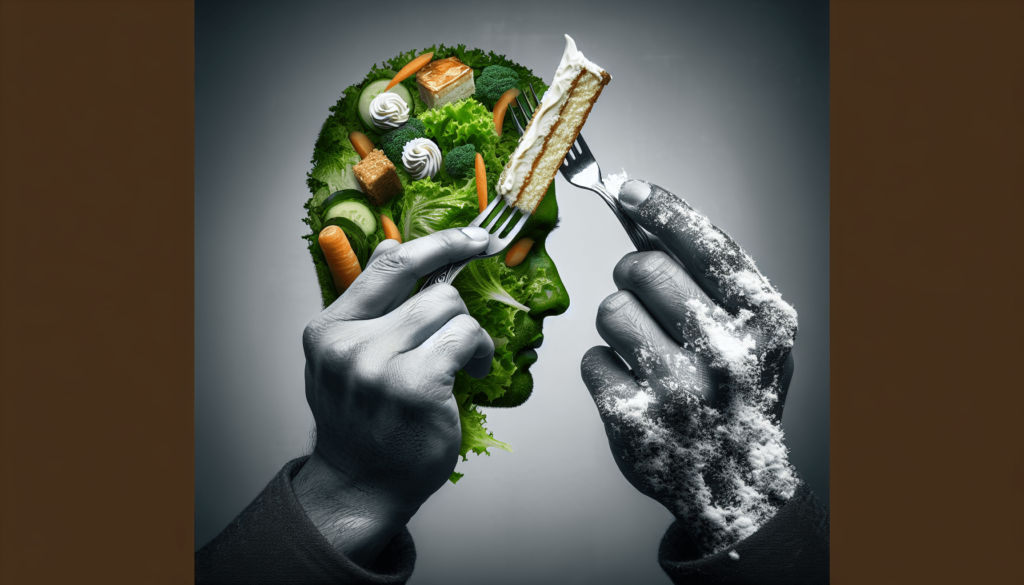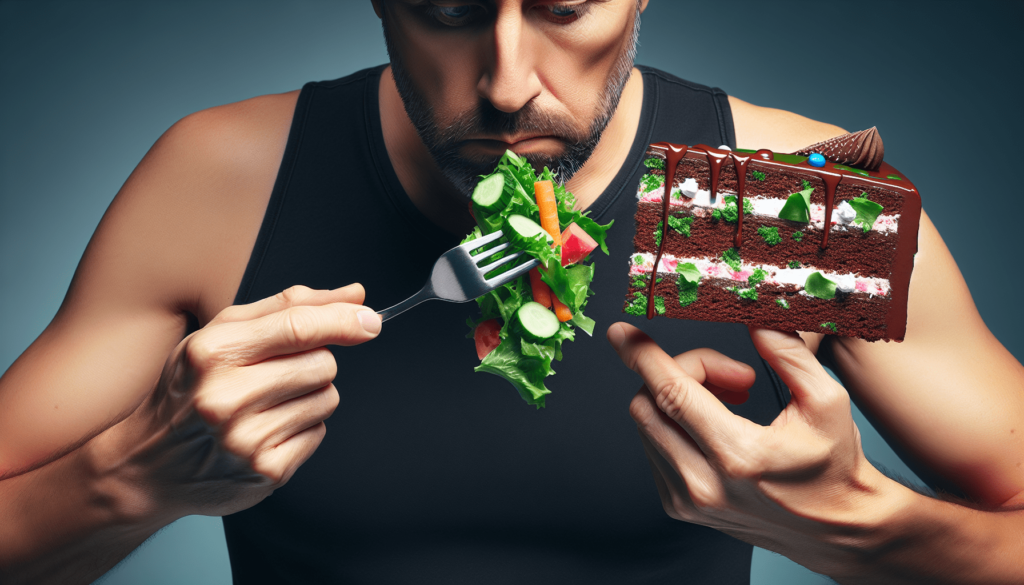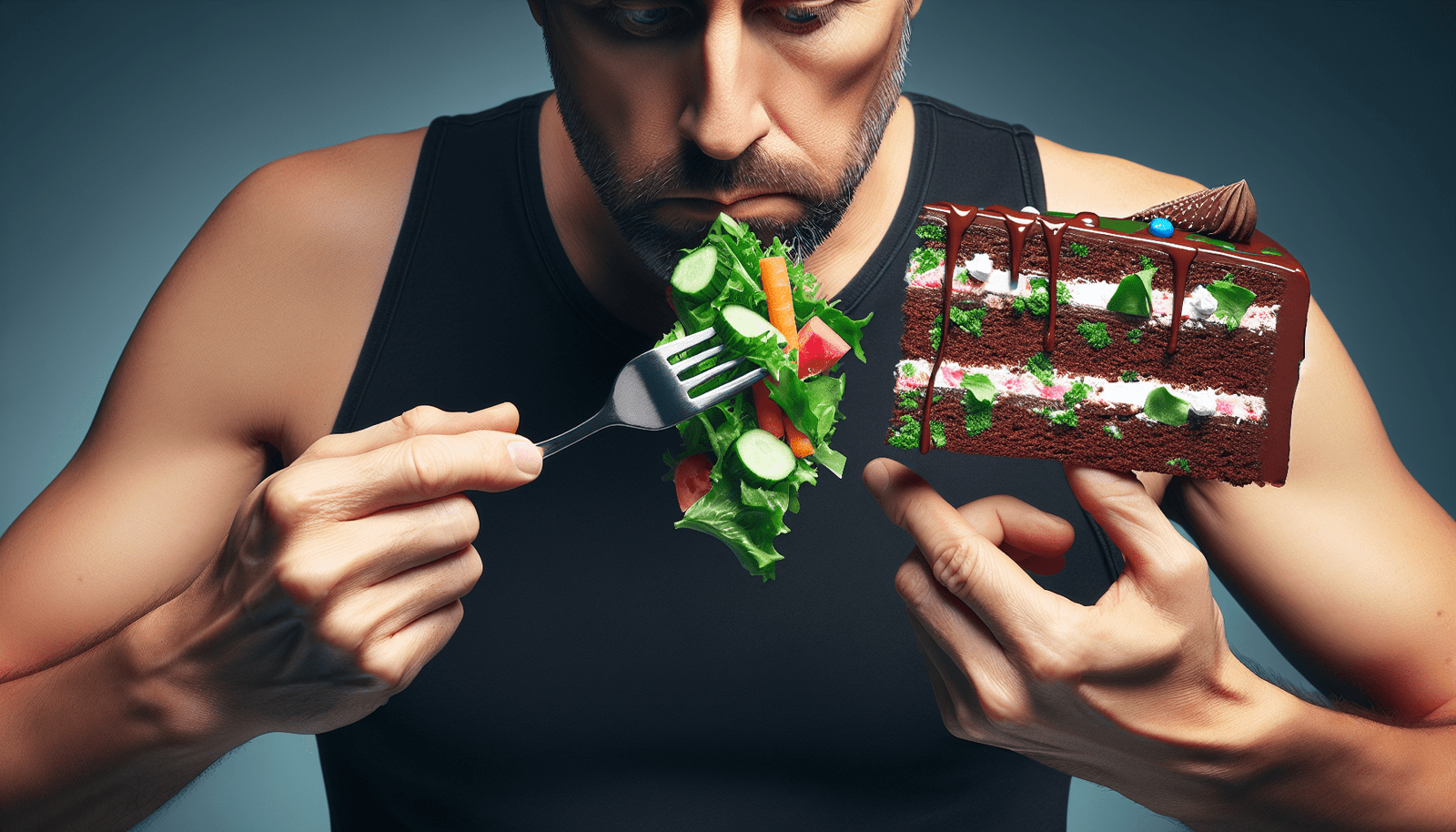Understanding the Relationship Between Emotions and Eating Habits
Have you ever found yourself mindlessly snacking when you’re feeling stressed or anxious? Emotions play a significant role in our eating habits, often leading us to make unhealthy food choices without even realizing it. In this article, we will explore how emotions can impact your diet and provide strategies to develop a healthier relationship with food.
How Emotions Influence Food Choices
It’s essential to recognize how emotions can influence your food choices. When you experience negative emotions such as stress, sadness, or boredom, you may turn to food as a source of comfort. This emotional eating can lead to overeating and consuming unhealthy foods high in sugar, fat, and calories. By understanding the connection between your emotions and eating habits, you can take control of your diet and make more conscious choices.
Identifying Emotional Eating Patterns
To combat emotional eating, it’s crucial to identify your triggers and patterns. Keep a food journal to track your eating habits and emotions associated with them. Are you more likely to reach for a bag of chips when you’re feeling lonely? Do you tend to indulge in sweets when you’re stressed at work? By recognizing these patterns, you can start to take steps towards breaking the cycle of emotional eating.

Strategies for Overcoming Emotional Eating
There are several strategies you can employ to overcome emotional eating and develop a healthier relationship with food. One effective approach is practicing mindfulness. Being present in the moment and tuning into your body’s hunger cues can help you differentiate between physical hunger and emotional hunger. Engaging in stress-reducing activities such as yoga, meditation, or deep breathing exercises can also help manage emotions without turning to food.
Building a Support System
Seeking support from friends, family, or a therapist can be instrumental in overcoming emotional eating. Surrounding yourself with a supportive network of individuals who understand your struggles and can offer encouragement can make a significant difference in your journey towards healthier eating habits. Sharing your experiences and emotions with others can provide accountability and motivation to stay on track.

Creating Healthy Coping Mechanisms
Instead of turning to food to cope with emotions, it’s essential to develop alternative coping mechanisms. Find activities that bring you joy and fulfillment, such as painting, gardening, or taking a walk in nature. Engaging in hobbies and interests that nourish your soul can help you manage stress and emotions in a healthier way. Remember, food should nourish your body, not be used as a source of emotional comfort.
The Impact of Stress on Eating Habits
Stress is a common trigger for emotional eating and can have a significant impact on your diet. When you’re stressed, your body releases cortisol, a hormone that can increase your appetite and cravings for high-calorie foods. Chronic stress can lead to a cycle of emotional eating and weight gain, which can negatively affect your overall health. Finding healthy ways to manage stress is essential for maintaining a balanced diet.
Mindful Eating Practices
Practicing mindful eating can help you develop a healthier relationship with food and break free from emotional eating patterns. Mindful eating involves paying attention to your food choices, savoring each bite, and listening to your body’s hunger and fullness cues. By eating slowly and mindfully, you can enjoy your meals more fully and reduce the likelihood of overeating. Mindful eating can also help you appreciate the flavors and textures of your food, leading to a more satisfying dining experience.
The Role of Social Influences on Eating Behaviors
Your social environment can have a significant impact on your eating behaviors. Studies have shown that people tend to mimic the eating habits of those around them, whether consciously or unconsciously. If your friends or family members indulge in unhealthy foods regularly, you may be more likely to follow suit. Surrounding yourself with individuals who prioritize healthy eating can positively influence your food choices and encourage you to make better decisions for your overall well-being.
Practicing Self-Compassion and Forgiveness
It’s essential to practice self-compassion and forgiveness on your journey towards developing a healthy relationship with food. Remember that everyone has setbacks and struggles with emotional eating at times. Be kind to yourself and avoid self-criticism when you slip up. Instead of dwelling on past mistakes, focus on making positive changes in the present moment. By showing yourself compassion and forgiveness, you can move forward with a renewed sense of empowerment and motivation to create lasting changes in your diet and lifestyle.
Seek Professional Help When Needed
If you find that emotional eating is significantly impacting your well-being and ability to maintain a healthy diet, it may be beneficial to seek professional help. A registered dietitian, therapist, or counselor can provide guidance and support as you navigate your relationship with food and emotions. These professionals can help you uncover underlying issues that contribute to emotional eating and develop personalized strategies to overcome unhealthy eating habits. Remember, it’s okay to ask for help when you need it, and seeking support is a sign of strength, not weakness.
Conclusion
In conclusion, the psychology of eating is complex and influenced by a variety of factors, including emotions. By understanding how emotions can affect your diet and learning strategies to overcome emotional eating, you can develop a healthier relationship with food and nourish your body in a more mindful way. Remember to practice self-awareness, seek support when needed, and prioritize self-care on your journey towards improved eating habits. By making conscious choices and being kind to yourself, you can create a positive and sustainable relationship with food that supports your overall well-being.

